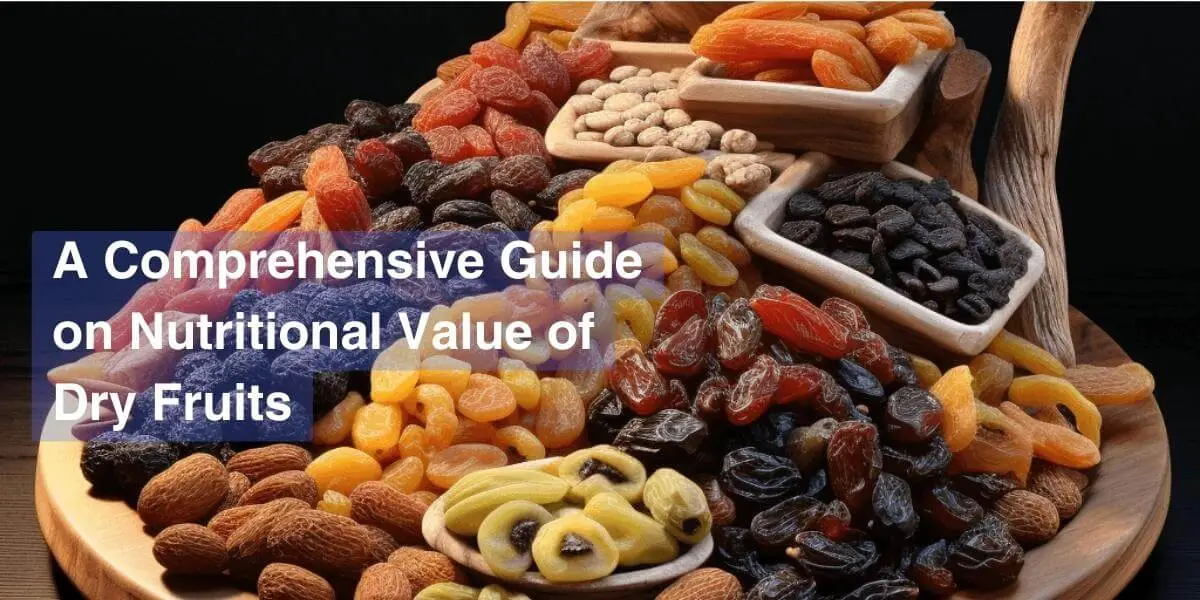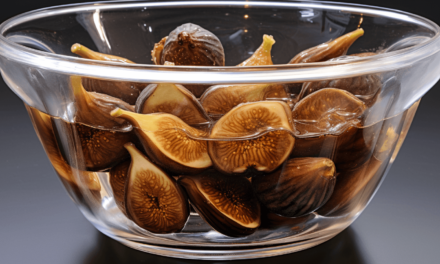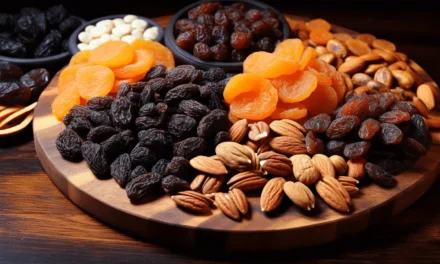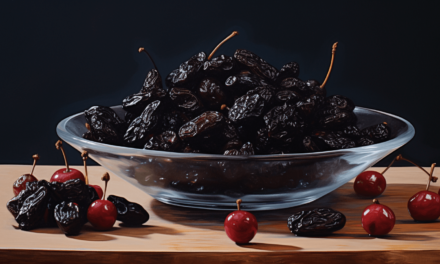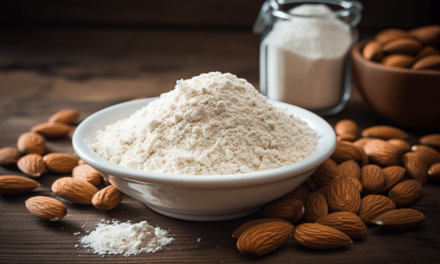Dry fruits are nature’s gem when it comes to healthy snacking. These are not only delicious but also filled with a bundle of nutrients and vitamins. You have dry fruits as a powerhouse of nutrition for every age group.. We know that most of the water content of dry fruits is removed but still, they have all the nutrients packed in the small package.
Well, if you’re weight conscious or dive deep into knowing nutrient facts, you’re always on the hunt of looking for the nutritional value of dry fruits. They are calorie- rich but the fact that dry fruits have numerous health benefits, you can consume them in moderation to reap the nutrition. Here we’ll see detailed nutrient values of dried fruits so that you understand what you should take. So keep reading!
Table of Contents
Nutritional Value of Dry Fruits
Almonds
The eye-shaped almonds are rich in vitamins, minerals, antioxidants, omega-3 fatty acids, manganese, copper and calcium. And guess what? A quarter cup of almonds has the same amount of calcium as a quarter cup of milk. They are sodium-free and can be taken in raw, peeled or roasted form and are good for people with high blood pressure. However, owing to their high-calorie content, diabetic people should consume them in moderation.
They make your memory sharp and are best for your eyes and overall health. Moreover, almonds are a valuable snack for treating heart disease and weight management.
Nutritional Value of Almonds
Here’s a list of the nutritional value of different minerals in almonds.
| Names | 1 cup serving |
| Energy | 529 cal |
| Proteins | 20 g |
| Total lipid (fat) | 45 g |
| Carbohydrate | 20 g |
| Dietary fiber | 11 g |
| Potassium | 11 g |
| Potassium | 648.6 mg |
| Iron | 3.7 mg |
Raisins
These small treasure chests are a good source of vitamins, minerals, proteins, iron and dietary fiber. They are the best choice to treat anemia due to their high iron content. In addition, raisins relieve constipation and improve your digestive system. You can eat them raw or add in dessert, cereals, toppings and trail mix.
Nutritional Value of Raisins
Delicious raisins have these nutritional values per 100g serving:
| Names | Per 100g serving |
| Water | 15.46 g |
| Energy | 299 kcal |
| Protein | 3.3 g |
| Total lipid (fat | 0.25 g |
| Carbohydrate | 79.32 g |
| Fiber | 4.5 g |
| Sugar | 63.18 g |
| Iron | 1.79 g |
| Calcium | 62 mg |
| Vitamin C | 2.3 mg |
| Potassium | 744 mg |
Cashews
The kidney-shaped cashews are delicious treats with numerous health benefits. They’re rich in minerals, fibers, antioxidants, polyphenols, vitamin E, vitamin B6, and monounsaturated fats. Cashews help in boosting immunity and lowering blood sugar levels making them best for type-2 diabetes patients. They’re good for heart health and lower bad cholesterol.
Nutritional Value of Cashews
Nutritionally, cashews have the following values:
| Names | Per 100g serving |
| Energy | 596 kcal |
| Protein | 18 g |
| Total lipid (fat) | 44 g |
| Carbohydrate | 30 g |
| Fiber | 3.3 g |
| Iron | 6.7 mg |
| Potassium | 660 mg |
Prunes
Prunes are dried plums and have a plethora of health benefits which contain phenolic compounds, antioxidants, potassium, and small amounts of calcium and iron. They have high fiber content which helps promote digestion and relieves constipation. In addition to this, prunes have vitamin K which is great for blood clotting.
Nutritional Value of Prunes
Nutritional values of prunes are given below:
| Names | Per 100g serving |
| Water | 30.92 g |
| Energy | 240 kcal |
| Protein | 2.18 g |
| Total lipid (fat) | 0.38 g |
| Carbohydrate | 63.88 g |
| Fiber | 7.1 g |
| Sugar | 38.13 g |
| Iron | 0.93 mg |
| Calcium | 43 mg |
| Vitamin C | 0.6 mg |
| Vitamin B-6 | 0.205 mg |
Figs
Figs are high in sugar, fibers, vitamins, magnesium, iron, and calcium. This mildly sweet dry fruit has loads of benefits. Figs are like wonders for people with respiratory and reproductive issues. They’re also good for gut health and relieve constipation and irritable bowel syndrome. You can consume them raw or keep them soaked in milk or water to get more benefits
Nutritional Value of Dried Figs
Nutritionally dried figs have the following values:
| Names | Per 100g serving |
| Water | 30 g |
| Energy | 249 kcal |
| Protein | 3.3 g |
| Total lipid (fat) | 0.93 g |
| Carbohydrate | 63.9 g |
| Fiber | 9.8 g |
| Sugar | 47.9 g |
| Fructose | 22.9 g |
| Calcium | 162 mg |
Dried Cherries
Dried cherries are a good source of potassium, natural sugars, fibers, antioxidants, and vitamins A and C. They’re nature’s gift to help you improve heart health, and gut health, reduce the risk of cancer, relieve arthritis, support sound sleep and protect against diabetes.
Nutritional Value of Dried Cherries
Here’s a list of the nutritional value of different nutrients in dried cherries.
| Names | Per 100g serving |
| Water | 16.6 g |
| Energy | 333 kcal |
| Proteins | 1.25 g |
| Total lipid (fat) | O.73 g |
| Carbohydrate | 80.45 g |
| Fiber | 2.5 g |
| Sugar | 67.15 g |
| Calcium | 38 mg |
| Iron | 0.68 mg |
Dried Apricots
Apricots are small tasty dry fruits rich in minerals and vitamins making them helpful for heart and eye health. You can add them to baked dishes, trail mix or any other cooked recipes.
Nutritional Value of Dried Apricots
The nutrient value of dried apricots per half-cup serving is:
| Names | ½ cup serving |
| Energy | 157 cal |
| Protein | 2.2 g |
| Total lipid (fat | 0.3 g |
| Carbohydrate | 41 g |
| Fiber | 4.7 g |
| Iron | 1.73 mg |
| Potassium | 755 mg |
Pistachios
Pistachios are a healthy snack rich in magnesium, potassium, vitamin B6, carotenes, vitamin E, zinc, calcium and antioxidants. They have anti-inflammatory properties and have immense benefits like preventing diabetes, boosting immunity and lowering bad cholesterol levels. Pistachios are also rich in vitamin A, a vitamin essential for eyesight.
Nutritional Value of Pistachios
Nutritional values of pistachios are tabulated below:
| Names | Per 100g serving |
| Energy | 626 kcal |
| Protein | 20 g |
| Total lipid (fat) | 45 g |
| Carbohydrate | 28 g |
| Fiber | 10 g |
| Iron | 3.9 mg |
| Potassium | 1025 mg |
Dates
Dates are super delicious and filling dry fruits which have several health benefits. They are rich in iron, dietary fiber, antioxidants and polyphenols. Their iron content makes them beneficial for anemia while dietary fiber is good for gut health. The antioxidants destroy free radicals and prevent damage caused by them. Additionally, dates are energy boosters keeping you full for longer and helping reduce weight.
Nutritional Value of Dates
The nutritional value of dates is listed below as per 100g serving.
| Name | Per 100g serving |
| Water | 20.53 g |
| Energy | 282 kcal |
| Protein | 2.45 g |
| Fats (Total lipid) | O.39 g |
| Carbohydrates | 75.03 g |
| Fiber | 8 g |
| Iron | 1.02 mg |
| Calcium | 39 mg |
| Potassium | 656 mg |
| Sodium | 2 mg |
| Sugar | 63.35 g |
| Vitamin C | 0.4 mg |
Walnuts
Walnuts are packed with vitamins, minerals, proteins and antioxidants. They are super healthy for your brain and you can guess that by their unique brain-like shape.
Walnuts are an excellent source of omega-3 which is an essential nutrient for enhancing cognitive performance in adults and reduces the risk of age-related diseases like dementia and Alzheimer’s. Moreover, walnuts help reduce stress, prevent cancer and are good for your skin and hair.
Nutritional Value of Walnuts
The nutritional value of walnuts is shown in tabular form below:
| Names | Per 100g serving |
| Energy | 687 kcal |
| Protein | 15 g |
| Total lipid (fat) | 65 g |
| Carbohydrate | 14 g |
| Fiber | 7 g |
| Iron | 2.9 mg |
| Potassium | 441 mg |
Wrap Up
Thus, dry fruits are nutritional gems having a plethora of micronutrients and macronutrients. You can easily check the dry fruits’ nutritional values and opt for those you like. Moreover, these are the best and healthy alternatives to unhealthy junk and fast food. But make sure to eat in moderation as some are high in calories. So, go ahead and savor the goodness of dry fruits to enhance your overall health and well-being.
Which dried fruit has the least amount of sugar?
Dried apricots, cranberries and prunes have a low sugar content. But try to consume those without any additives which are found in some brands.
Which dry fruits are high in proteins?
Almonds, cashews, walnuts, and pistachios are high in protein and provide you with sufficient daily required protein.
